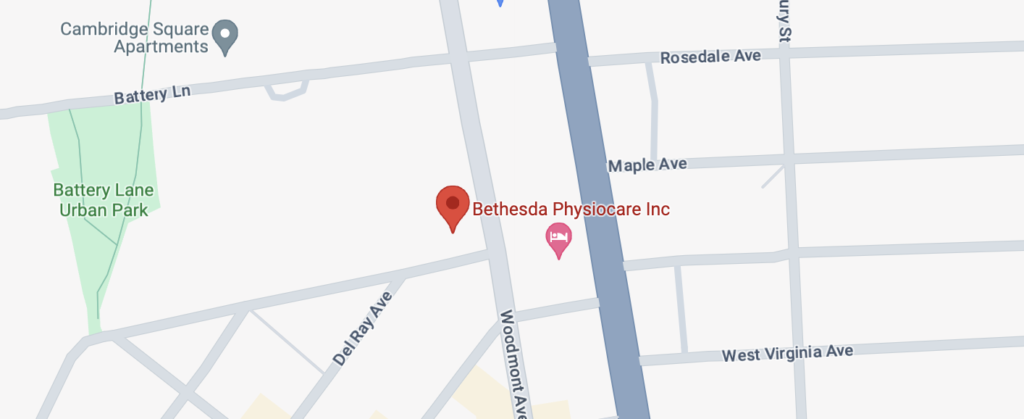 One of the most commonly used joints in the human body is the temporomandibular joint. This is the hinge joint that helps us chew, talk, yawn, and much more. The TMJ is located on both sides of your face and consists of the mandible, which is the lower portion of your jaw, and the top portion of your jaw attached to the skull via temporal bones. When working correctly, the TMJ allows you to move your jaw side to side, up and down, and forward to back. However, when it is not working correctly, it can alter your everyday quality of life.
One of the most commonly used joints in the human body is the temporomandibular joint. This is the hinge joint that helps us chew, talk, yawn, and much more. The TMJ is located on both sides of your face and consists of the mandible, which is the lower portion of your jaw, and the top portion of your jaw attached to the skull via temporal bones. When working correctly, the TMJ allows you to move your jaw side to side, up and down, and forward to back. However, when it is not working correctly, it can alter your everyday quality of life.
If you suffer from TMJ pain, Bethesda Physiocare is here to offer you treatment options and find what works best for you. Contact us online or call (301) 656-5613 today to arrange a consultation.
What is TMJ Pain?
When the TMJ is not working appropriately, one may experience pain in one’s teeth or jaw, clicking, locking, grinding, headaches, disorders within the neck and shoulders, dizziness and vision changes, tinnitus and ear pain, and overall facial fatigue. Many may not know their symptoms are not normal. Their dentists may be the first to acknowledge this before they come in for specialized treatment. Even so, many patients try to tough it out, thinking their issues will resolve on their own. However, without proper guidance and treatment, symptoms can linger for months to years.
The temporomandibular joints are located on each side of the jaw, connecting the jawbone to the skull. According to the National Institute of Dental and Craniofacial Research, there are three main classes of TMJ disorders or pain including:
- Disorders of the joints, including disc disorders
- Disorders of the muscles used for chewing (masticatory muscles)
- Headaches associated with a TMJ disorder
Causes of TMJ Pain
Several factors may contribute to TMJ disorders, including general stress, genetics, hormones, environmental factors, chronic pain, motor vehicle accidents, postural abnormalities, and connective tissue disorders such as Ehler’s Danlos syndrome and others. But these factors can be addressed with proper treatment from a healthcare professional who treats musculoskeletal disorders.
What Does Treatment Include?
At Bethesda Physiocare, all of our physical therapists treat the temporomandibular joint. After a thorough initial evaluation to determine the particular cause of your individual issue, we will create an individualized plan of care. Treatment consists of manipulation of the joint and exercises to perform at home. There are various manual techniques, including myofascial release, soft tissue massage, and dry needling, we can use to enhance your outcomes. We also provide appropriate therapeutic exercises to perform here at this clinic and others that you can safely perform at home. Providing neuromuscular re-education is also key in training this complex joint to perform the best it can. The main purpose of TMJ care is helping to restabilize your jaw and enhance its function to allow you to get back to your life.
Additionally, other treatments may include:
- Jaw exercises (for flexibility and range of motion)
- Trigger point therapy
- Cranial manual therapy
- Massage
- Oculomotor therapy
- Neuro-dynamic mobilizations
Learn How Bethesda Phsyiocare Can Help with TMJ Pain
If you have been experiencing pain or clicking in your jaw, you may have a TMJ disorder. If so, it is crucial to assess your symptoms immediately so that a professional can quickly and effectively provide the best course of treatment. Contact Bethesda Physiocare online or call (301) 656-5613 to make an appointment today and take the first step toward a pain-free life.



